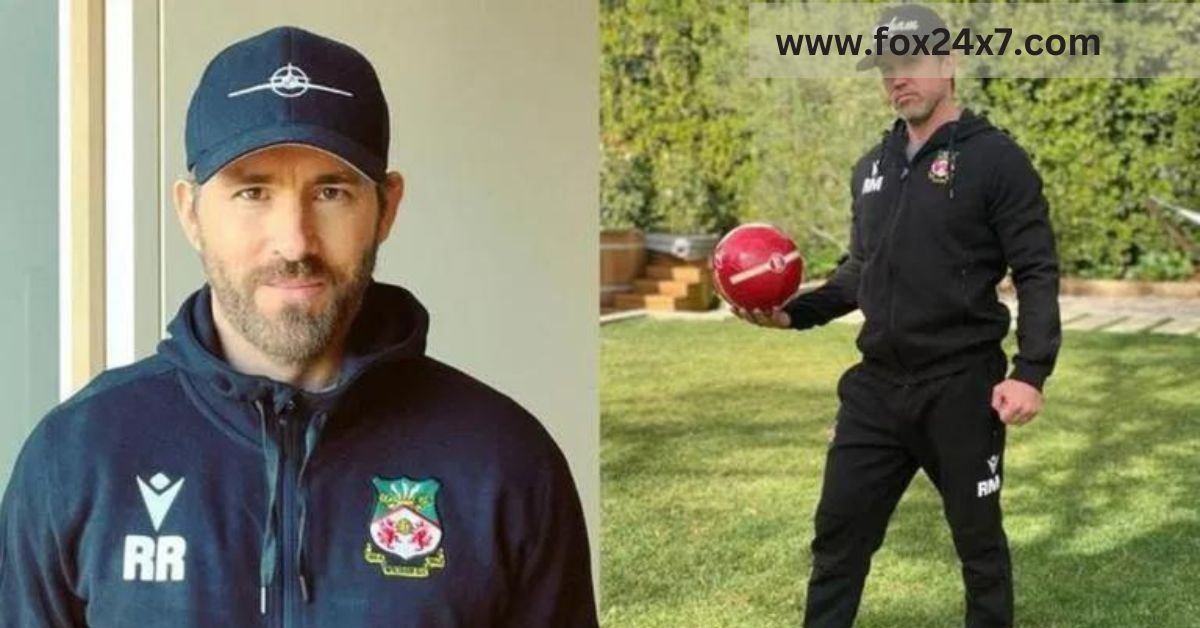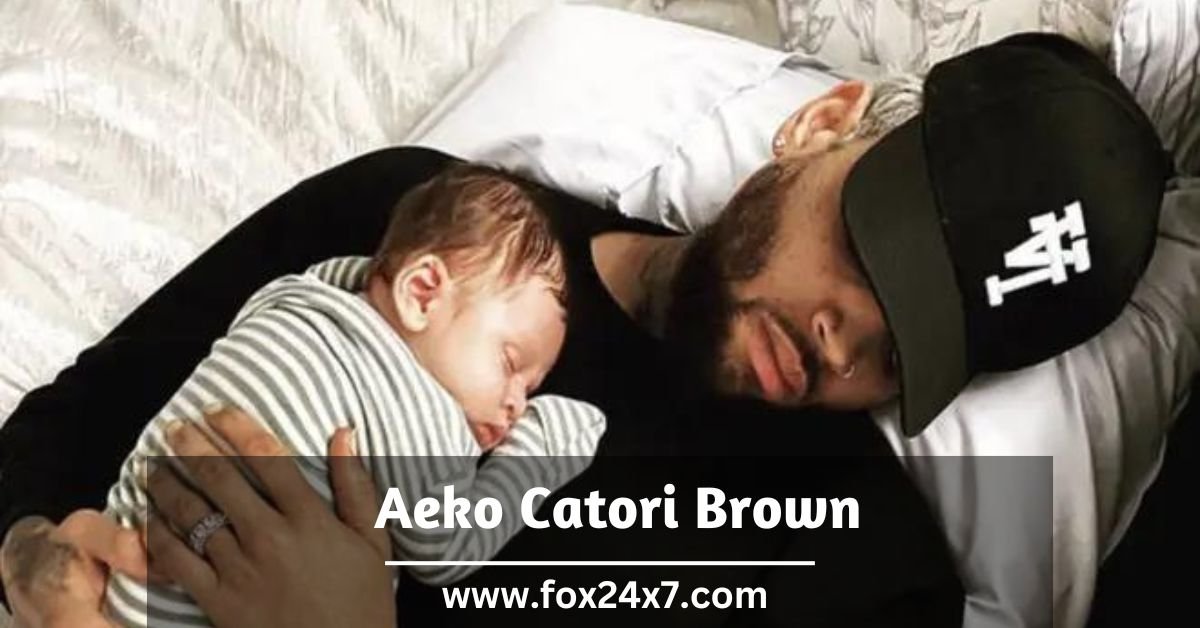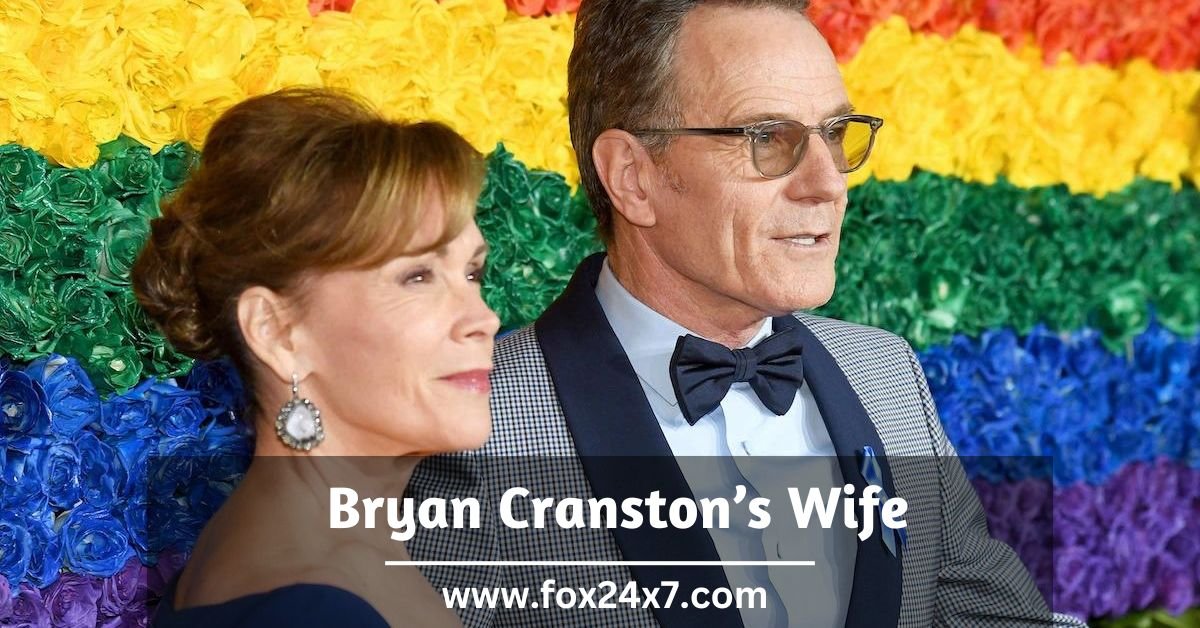Moses Ingram: Olene was going to get her money back in the end! Period!” When Moses Ingram and I get down over Zoom, one of the first things he says is “It’s like I gave you the money as a loan, sis.” You know what I mean? I’m going to need that back.” Despite the virtual limits of our talk, Ingram’s conviction has a warmth and lightness to it.
We’re both cooped up in our apartments, and we’re sharing a rare day of frigid Los Angeles weather—”I have a heater on at my feet,” she admits—which makes for easy closeness. Neither of us has any reservations about getting right to work: Analyzing Jolene, the character that launched Ingram’s career in The Queen’s Gambit.
Moses Ingram Has The Answers To Your The Queen’s

The limited series is one of Netflix’s most popular shows of all time. Beth Harmon, a young orphan who overcomes all difficulties to become a chess Grandmaster, is at the core of the storey.
In the background, there’s a storey about generations of women breaking free from patriarchal constraints. While characters like Beth’s mothers, Alma and Alice, fit nicely into the show’s corners, Ingram’s portrayal of Jolene, Beth’s orphanage’s only Black girl, calls for further investigation.
“Any character I play, regardless of who’s around me when I come into the space, will always be a Black woman first,” the 26-year-old declares emphatically. While the series’ source material, Walter Tevis’s 1983 novel, does paint a more intimate portrait of Jolene and Beth’s relationship, the adaptation keeps to broad strokes.
Moses’ brilliance is what propels Jolene to the forefront of one of the year’s most important shows, and it’s also why several commentators were disappointed that she didn’t get the attention she deserved.
As the miniseries gained popularity—even among those who never expected to enjoy a show about, of all things, chess—it was criticised for portraying Jolene as little more than a sidekick, or worse, another iteration of the magical negro stereotype, sent only to save Beth at the last minute. “What is it like to be the only Black person in the room?” Ingram wondered, so Jolene wouldn’t be relegated to the role of sidekick. How does it feel to be overlooked?
Or was it a case of being misjudged or misguided? When you live in an orphanage with people who don’t look like you, how does it effect your behaviour? “Honestly, I’d be shrieking cocksucker all the time!” Every “cracker” and “cocksucker” in the series has a subtext ranging from sarcasm to disappointment to wrath. Still, Jolene didn’t get nearly enough screen time, and as the episode ended, most viewers only wanted to know one thing: did she get her money back? Why did she give it to that white girl in the first place?
Even as we joke about how poor we are at chess, Ingram is optimistic about the show’s influence. When talking about the character, she selects her words carefully, as if she were describing a close friend. “I believe it’s critical to the storey that we understand Jolene is not simply another orphanage girl,” she says.
“She’s very much a Black girl in this all-white orphanage, and that’s something I considered going into it.” That’s what drew me to Jolene in the first place. I didn’t even have a screenplay to work with. ‘Oh, this is a bad bitch,’ I thought as I read the sides. When she responded, ‘Fuck ’em if they can’t take a joke,’ I thought to myself, ‘Fuck ’em if they can’t take a joke.'”
The Queen’s Gambit continues to dominate Nielsen ratings, bringing attention to other Black women who should not be overlooked. While the series will undoubtedly have an impact on Hollywood’s commitment to diversity and inclusion, it also highlights the double-edged sword that Black actors like Ingram face. “What the show has evolved into… “I consider myself fortunate that someone with such a rich life gets to be a part of a number that millions of people are watching,” Ingram adds. “Even if it’s just one, people are paying attention, and attention makes a difference.”
But she recognises that it will take more than that for Black performers to not just be free of being characterised by a single part, but also to be recognised as the protagonist or hero. “For years, there’s been a tape of Viola Davis talking about how everyone thinks she’s the Black Meryl Streep, and she’s like, ‘Then pay me like I am!'” According to Ingram.
“Right now, pay isn’t significant to me.” When I think of Meryl Streep, I think of the countless opportunities she’s had to portray herself in a thousand different ways. That’s an actor’s ambition: I can be a doctor, but I can also be a mother who had to choose between her children and a fashion designer. The possibilities are infinite. I simply hope to see more stories that aren’t constructed around being a person of colour, but rather around being who you are when you go into a room. To me, that’s sexy!”
And why shouldn’t Ingram be able to breathe life into any character? Jolene managed to get white viewers to sympathise with a Black activist lawyer while also acting as a lone tether for Black viewers who weren’t always interested in Beth’s newest adversary. Despite Jolene’s little screen time, Ingram’s eyes alone convey a lifetime’s worth of empathy, rage, and delight; it’s an almost ageless performance, even as she transitions Jolene from a teenager to an adult.
“I didn’t even have a script to work with.” “When I read the sides, I thought to myself, ‘Oh, this is a bad bitch.'”
Ingram’s persona is a long cry from her own childhood in Baltimore, where she drew inspiration in late-night BET binges. “I remember peeping over the blankets on evenings when I was supposed to be sleeping simply to see what was on the TV,” she recalls. “I recall being deeply moved when I first saw Set It Off. How can something that is so much bigger than any grasp of life that you have at the time move such a small person? I recall seeing the film What’s Love Got to Do With It.
Taking the Waiting to Exhale cassette from its hiding place. I was hit in the mouth once because my mother told me to do something—a there’s line in the movie where she has awful sex and says, ‘I could’ve had a V8,’ and that’s exactly what I said! My mum was certain she knew where it came from!” Maybe Ingram knew more than she realised.
She would move on to Yale School of Drama, but she doesn’t dwell on the achievement. “Some individuals have the impression that you have to be perfect when you apply. But, if you already know everything, what will they teach you? My first time away from home was at Yale. Because I was still quite young when I arrived at Yale, I believe it was there that I became a lady.
I’m no longer a child! But it was all brand new.” It was a formative encounter for the budding actress, one that helped her land her role in Queen’s Gambit: “I had only engaged with people in a professional position up until that moment,” she recalls, “and acting is very personal.” “You’re surrounded by people who are watching you be ugly and a disaster at 9 a.m., watching you be chewed out and watching you get bold.” Observing how you handle things and keeping an eye on you at all times? The pressure can cause you to crumble. I believe Jolene was in a similar situation. I have the option of crumbling or rising to the occasion and making these things work for me.”
Though you wouldn’t know it from her performance, Ingram had never worked on a production as huge as The Queen’s Gambit before. As a novice actor, she claims she was granted tremendous freedom. “I could change it if it didn’t feel right, if it didn’t feel natural.” How much power does a new player have in a space that is far larger than their contribution? It was extremely beautiful in my process for them to make space for me to learn with agency.” Ingram is now collaborating with Denzel Washington and Frances McDormand on Joel Coen’s next MacBeth adaption. It’s as terrifying as it sounds, but she sees the challenge as an opportunity.
“I’m not too cool to wonder, ‘What am I doing?'” I’m making an effort to concentrate and learn from what’s going on in front of me. Coming into these unfamiliar environments, there’s a sense of not wanting to make a fool of myself. I don’t want them to believe I’m not capable. And being around people who have no desire to prove anything to anyone and will let a rehearsal be a shambles, allowing you to see that the performance isn’t fully realised yet but also allowing you to see it when it is? Allowing someone to witness you learn is a different type of grace. “Rehearsal is a shambles.”
Ingram has been quietly ruminating in quarantine like the rest of us, save from The Queen’s Gambit and rehearsals with Denzel. “I’m looking forward to seeing what individuals write during their time at the house.” ‘OK, God, I want a very good work, and not only a nice job, I want to feel my feelings,’ I like to pray. And I like to imagine that someone is typing something along the lines of, “I really need work,” and God hears both of us and says, “Let’s connect!”
In reality, during her time in quarantine, Ingram experimented with new crafts and collaborated on a short film with her friends Courtney Jamison and Patricia Fa’asua, titled Day 74. The plot revolves around Kasaya (Amandla Jahava), a Kenyan woman who is isolated in quarantine. “When it came time to write it, I was thinking, ‘What is going on in my head right now?'” That, I believe, is what the short is about. It’s a thousand things happening at once at a breakneck speed.
It was something we all felt strongly about, and I believe many others did as well. My buddies helped me get through it. You are only as excellent as the people you surround yourself with, I swear. We all came together in a moment to encourage each other and create something that would allow us to all explore our emotions.”
It’s the kind of friendship that Ingram has always seen as the foundation of Jolene and Beth’s bond. Maybe that’s why she never worried about Jolene getting her money back. Ingram describes it as “the greatest gift of faith in a friend.” “She also wouldn’t have given Beth the money if she didn’t think Beth would pay her back.”
I ask Ingram if she has anything else she wants to say before we leave. She takes a breather, and for a brief while, I believe my WiFi has gone out and we’ve been disconnected. She finally begins to talk. “I’m not sure if this pertains…” I insist that she tell me right now. “Be kind to the Jolenes in your life,” she says with a smile that slowly spreads over her face as she selects her words even more carefully than before. It is completely correct.
Also Read:








![Buying the Dip: The Meaning And Its Importance [Markets Strategy] Buying the Dip](https://fox24x7.com/wp-content/uploads/2021/11/Buying-the-Dip--180x135.jpg)

























